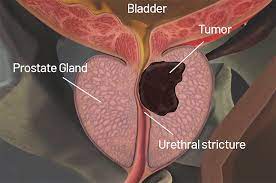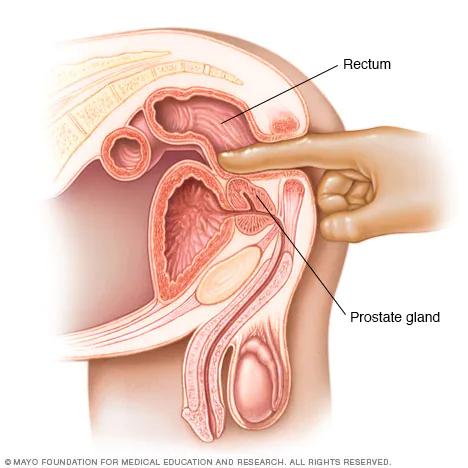Erectile disorders, also known as erectile dysfunction (ED), are a type of sexual dysfunction that occur when a man has difficulty achieving or maintaining an erection during sexual activity. Erectile disorders can be caused by a range of factors, including physical and psychological factors.
Physical factors that can contribute to erectile disorders include age, diabetes, high blood pressure, heart disease, nerve damage, and hormonal imbalances. Certain medications, such as antidepressants and blood pressure medications, can also cause erectile disorders as a side effect. Lifestyle factors such as smoking, excessive alcohol consumption, and obesity can also contribute to erectile disorders.
Psychological factors that can contribute to erectile disorders include anxiety, depression, stress, and relationship problems. These factors can lead to a decrease in sexual desire, as well as difficulties with sexual performance. For example, anxiety about sexual performance can lead to a man avoiding sexual activity or experiencing difficulty maintaining an erection, which can make it more difficult to achieve orgasm and ejaculate.
The symptoms of erectile disorders can vary from person to person. Some men may have difficulty achieving an erection, while others may be able to achieve an erection but have difficulty maintaining it during sexual activity. Erectile disorders can also cause a decrease in sexual desire and a decrease in the quality of sexual performance.
Treatment for erectile disorders will depend on the underlying cause of the condition. In some cases, lifestyle changes such as exercise and diet may be recommended to improve overall health and address underlying physical factors. Medications such as phosphodiesterase type 5 (PDE5) inhibitors may also be prescribed to improve blood flow to the penis and facilitate the achievement and maintenance of an erection. In some cases, hormone therapy or surgical interventions may be recommended.
Erectile disorders are a type of sexual dysfunction that can be caused by a range of physical and psychological factors. Treatment options may include lifestyle changes, medications, hormone therapy, or surgical interventions, depending on the underlying cause of the condition.



